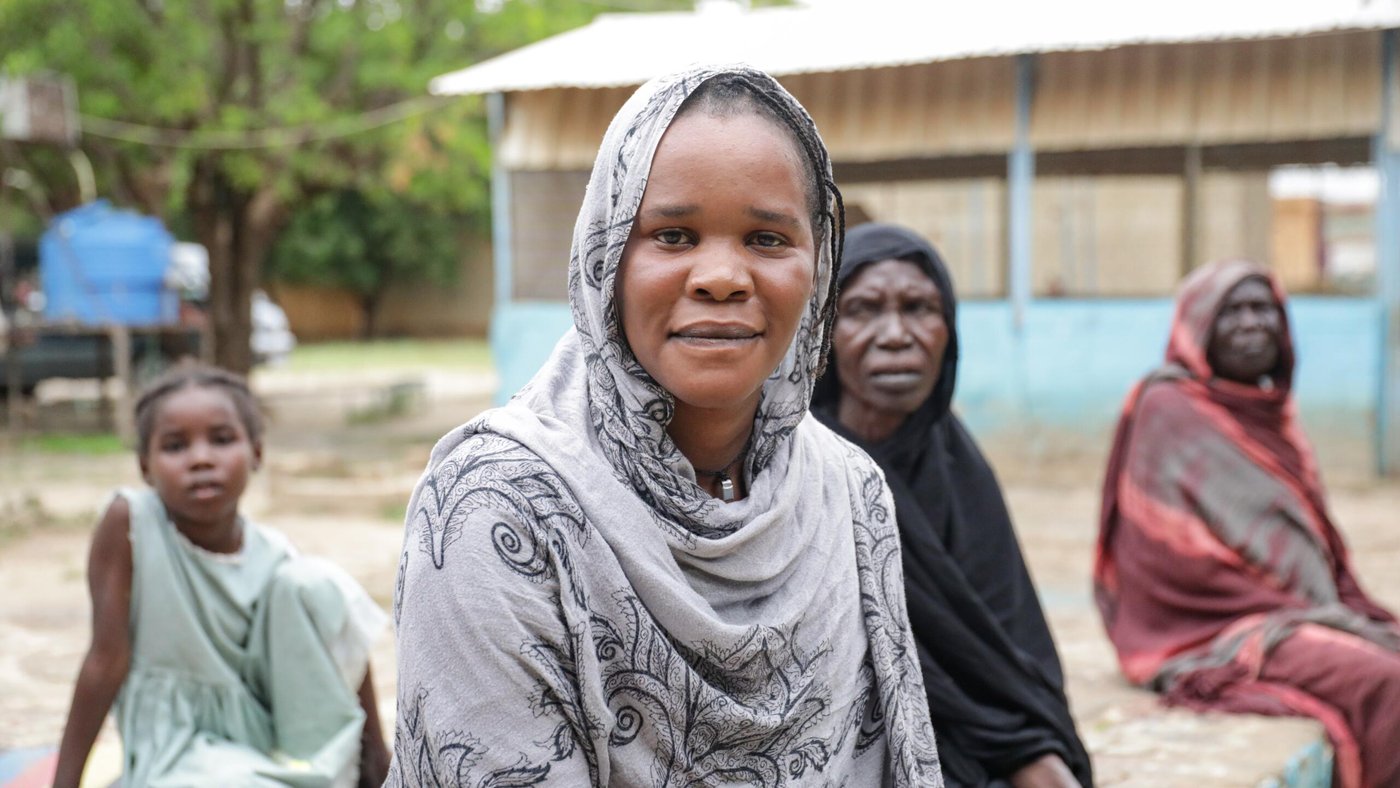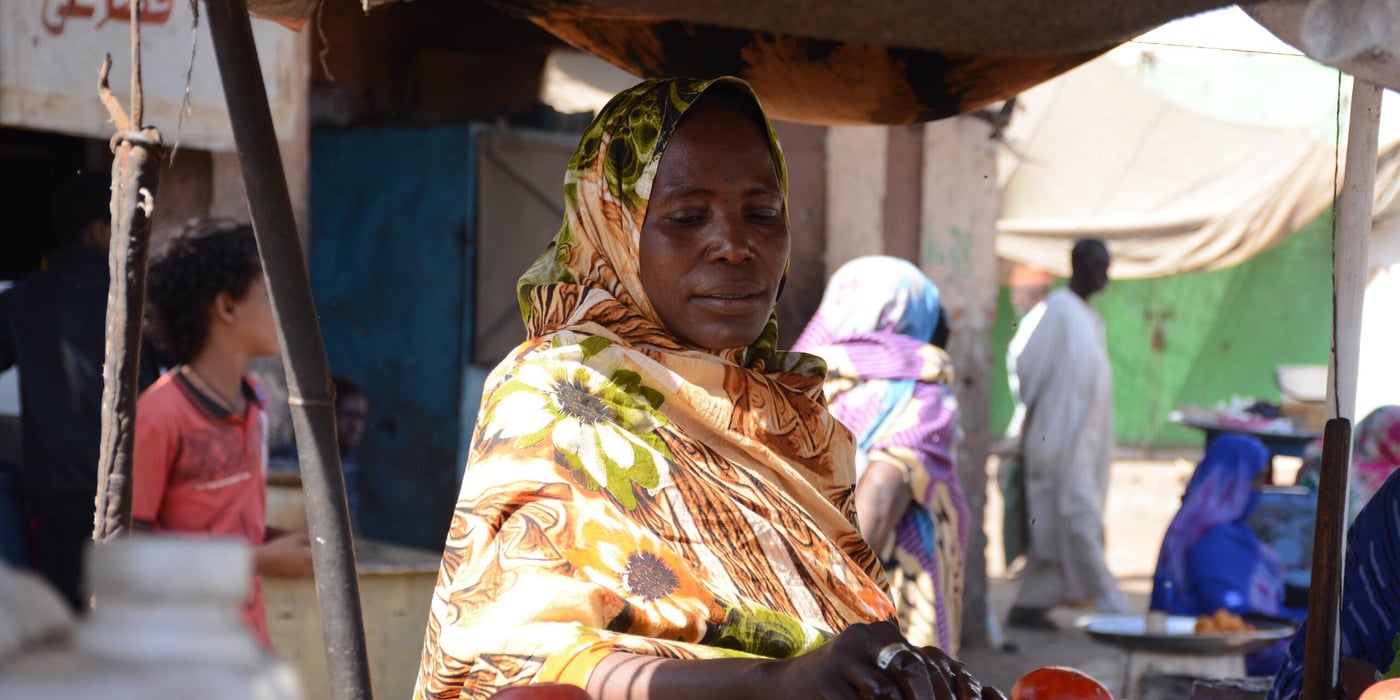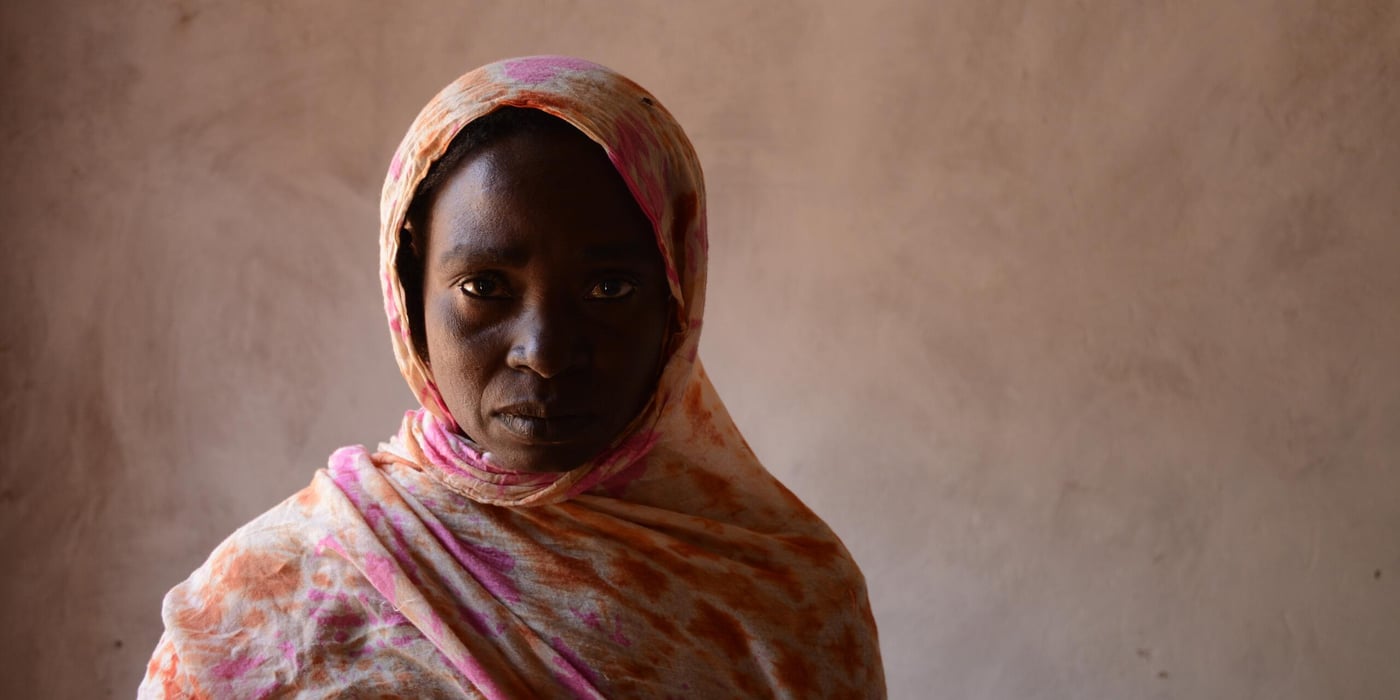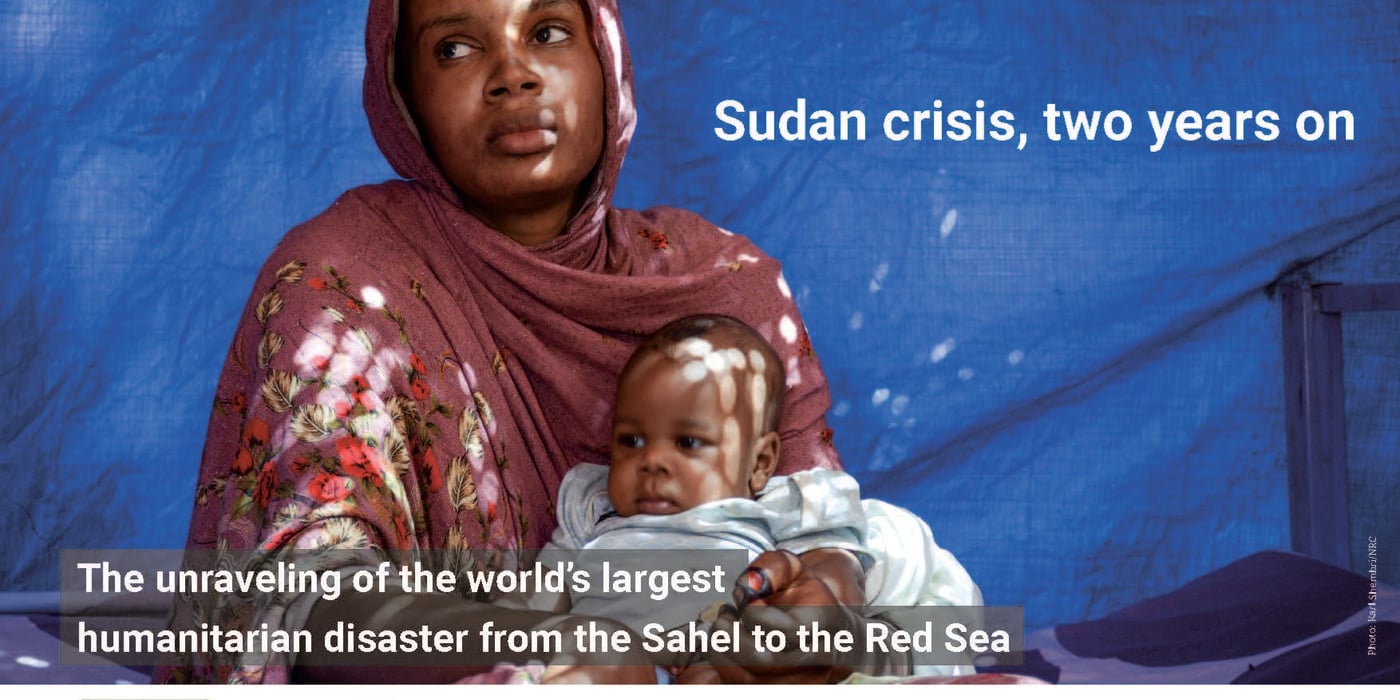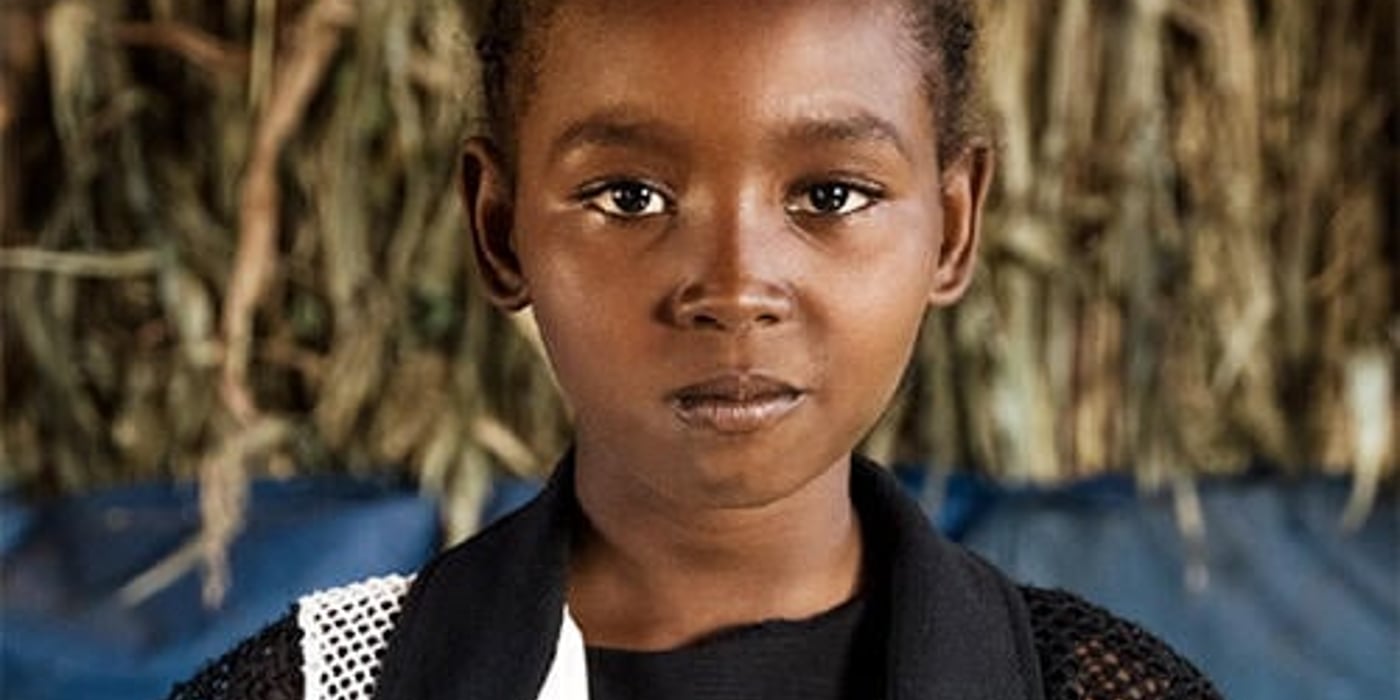The Norwegian Refugee Council (NRC) is hard at work across Sudan, providing support – including emergency assistance – to those caught up in the crisis.
What’s happening in Sudan?
War has now driven more than 10 million Sudanese people from their homes – making this one of the largest and fastest-growing crises in the world. Displaced families are now scattered across the country, or have crossed into neighbouring countries like Chad.
As markets, basic services and the economy collapse, it’s reckoned that over half the population of Sudan are now experiencing crisis levels of hunger and need urgent humanitarian aid.
Our response
We’re working with our partners in the following areas:
- Water, sanitation and hygiene – constructing and rebuilding water supply systems, providing inclusive sanitation facilities, promoting positive hygiene practices, and responding to disease outbreaks.
- Shelter and settlements – providing tents and temporary shelters, repairing damage, training people in basic carpentry skills, and helping to mitigate the impact of flooding.
- Livelihoods and food security – providing cash assistance, vocational training, support with small business projects, and access to backyard gardens, seeds and tools.
- Education – supporting formal and non-formal education programmes to ensure displaced children don’t miss out on their schooling.
- Protection from violence – coordinating protection services, helping people to stay safe and empowering them to protect themselves.
- Information, counselling and legal assistance – helping displaced families to access legal documentation, such as their national number, identity card, birth registration and marriage paperwork.
Our operations
NRC office established: 2004–2009, re-registered 2020
Areas of operation: Gedaref, Khartoum, North Darfur, West Darfur, South Kordofan, White Nile
Country Director: William Carter
Contact: SD.info@nrc.no

Our impact
In 2024, we assisted 1,077,339 people through our programmes in Sudan:
-
131,591Education
-
201,662Livelihoods and food security
-
91,149Shelter and settlements
-
66,908Protection from violence
-
46,833Information, counselling and legal assistance
-
179,375Water, sanitation and hygiene
-
743,465Other activities
Note: some people received more than one type of assistance.


